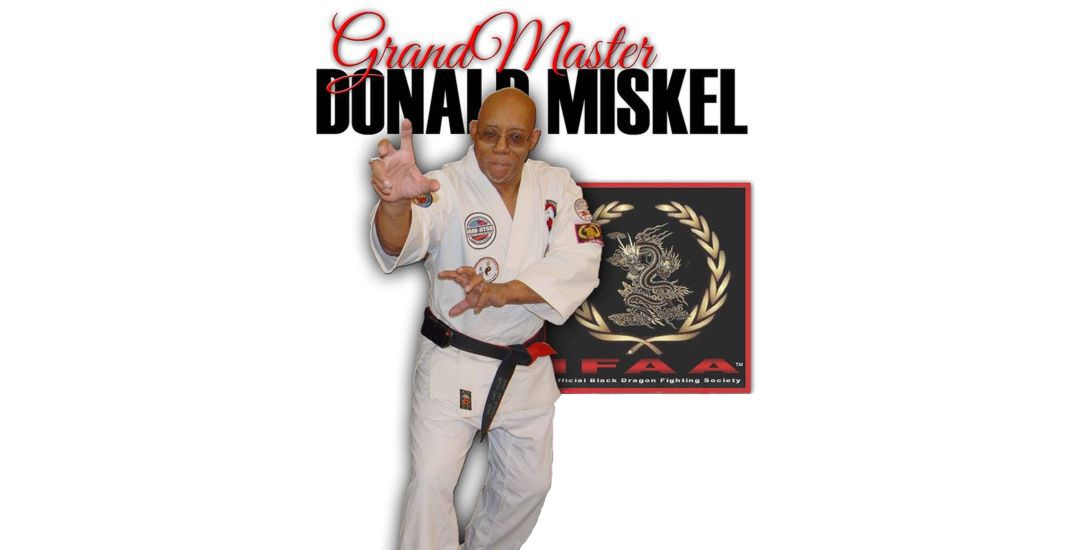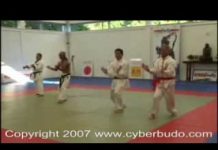Many of the past masters knew and perfected one, two or a handful of kata. Now many practitioners know (or half know) many kata. Actually each kata or set of katas is an entire fighting system. It is possible to perfect only one or two kata in a lifetime. Instead of a hundred kata done a hundred times one kata done ten thousand times. Old school karate taught in the original manner.
In times past kata was karate. All of the techniques and secrets of a system were cataloged and hidden in its forms. Because systems were sometime combined into an eclectic method that became new expanded systems many kata were brought into the resulting system. As an example Shotokan Karate is a combined synthesis of Naha-Te and Shuri-Te. Thus each brought its unique forms or kata into the final product. Tai Chi teaches only one long (or short) form. Wing chaun teaches only three. Some other systems have twenty, thirty or even more kata. The masters of the systems knew them all because he had to be able to pass them on to his students. Unless one was groomed for the headship of the system he didn’t really know all of the forms. He learned the form or forms that he chose to perfect or that were deemed applicable to his own needs. Often this was determined by his teacher taking into consideration his physical attributes, his innate abilities, his temperament and his individual needs.
It takes a lifetime to perfect a kata. That is if one can ever be said to really perfect a kata. It’s impossible to perfect twenty or thirty katas in a single lifetime. Many times we want to progress to the more intricate and ascetically pleasing forms but they aren’t necessarily the most effective mode of combat for the practitioner. Complexity doesn’t necessarily translate into practical application. Often more is less. Bigger isn’t always better.
Master Gichen Funakoshi was once asked what was the kata for the beginner. Without hesitation he identified Taikyoka as the form for the beginner. He was then asked what was the kata for the master. After a moment’s thought he stated that taikyoka was the form for the master. Often in simplicity lies mastery.
I don’t teach many kata. I know a number of kata but I really only practice about three of them. I’ll teach the several most basic katas to a student and then give him one to work on throughout his Kempo/Karate career. I teach many waza and fighting forms but in perfecting his kata I feel that a student perfects his own individual fighting style. What I teach these days is more of a fighting system than a martial art. That’s because I teach many individuals in high risk professions with specific needs. In spite of that I still teach a hand full of students the martial arts as they have been passed on to me. The synthesis of the several arts I have studied makes up the art that I teach but it incorporates only a handful of katas.
I am often asked are katas important. I ask in turn, what do you want to study? If you want to be a martial artist you will have to learn and practice kata. If you just need a self defense or combat system you can probably do without them but understand, what you’re studying isn’t a martial art. If you want to be a martial artist then katas are a must. To a large extent, the kata is the art.
God bless you, my brethren. Train hard and go with God.
Rev. Dr. Donald Miskel, PhD, ThD, Mdiv. (Judan Shodai Soke, BLMAA. Head of Family, IFAA BDFS)






